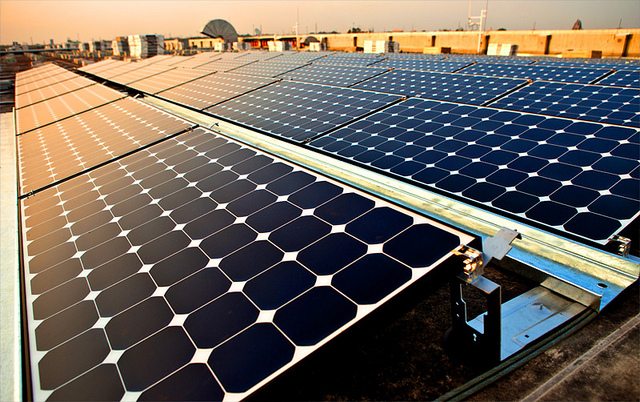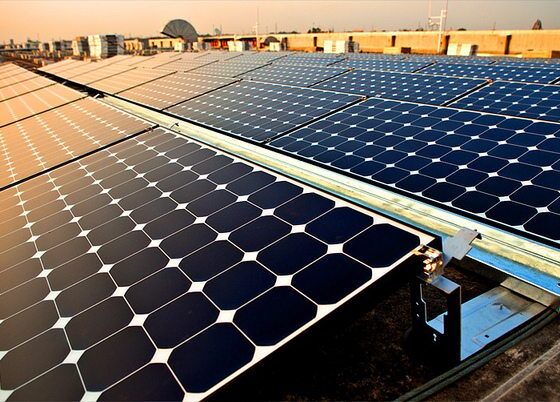

Environment
UN climate summit: ‘fair share’ system proposed to cut global emissions
Wealthy nations must do more to cut greenhouse gas emissions than their poorer neighbours if devastating climate change is to be avoided, according to a new study.
The ClimateFairshare project, an analysis from the Stockholm Environment Institute (SEI) and Friends of the Earth, calculates how much financial support developed countries should offer for developing countries’ decarbonisation efforts.
Based on historical emissions and nations’ populations and wealth, it puts forward a balanced system that could limit 2025 global temperatures to below a 1.5C rise from pre-industrial times.
Through an online tool, released ahead of a crucial UN climate summit on Tuesday, the study suggests that the US should cut emissions by up to 65% from 1990 emission levels by 2025, while handing out $634 billion (£389.2bn) to poorer nations.
To contribute its fair share, the UK must cut emissions by up to 75% by 2025 and transfer $49 billion (£30bn).
Developing nations, on the other hand, would mostly be net receivers in the system proposed by the study.
Though they have historically contributed relatively little of the greenhouse gas emissions that have accelerated climate change, developing countries are disproportionately vulnerable to its effects, such as extreme weather and falling crop yields.
Such gains would allow poorer nations to increase investment in renewable energy and improve access to crucial technology.
Brazil, for example, would be required to cut emissions by up to 35% while being subsidised by $65 million (£39.9m). China would be allowed to increase its emissions by up to 420% as it continues to develop, while receiving almost $500 billion (£307bn).
“It’s the wealthy industrial nations that are largely responsible for the climate crisis we currently face, so it’s only fair they face up to their responsibilities by making large cuts in their emissions and funding climate action in the developing world too,” Asad Rehman, from Friends of the Earth, told the Guardian.
“It’s a basic moral principle that those with more responsibility have to take more action, and also that those with more wealth contribute more. What should each country do is an ethical question.”
The publication of the study follows renewed calls for wealthy governments to pledge to the UN’s Green Climate Fund, which was launched last year to help poorer nations tackle climate-related challenges and develop low-carbon economies.
However, according to reports, pledges to the fund are expected to fall short of the $15 billion (£9.2bn) that developing nations hoped to raise this year. So far, Germany is the only nation to make a significant donation, having pledged $1 billion (£610m) in July.
As 125 world leaders prepare for Tuesday’s summit in New York, the leading humanitarian agency CARE has said it “will not rest” until climate action is launched to help the world’s poorest.
“Every day we’re seeing how global climate disruption, including severe storms, floods and drought, is turning lives upside down in some of the world’s poorest places,” said CARE secretary-general Robert Glasser.
“It is scandalous and unjust that the poorest are already bearing the brunt of climate change impacts, despite having done the least to cause the problem.
“CARE calls on leaders meeting in New York to slam the brakes on climate change by cutting emissions and helping people living in poverty to adapt.”
Photo: Intel Free Press via Flickr
Further reading:
UN climate summit: wealthy nations urged to donate to Green Climate Fund
Desmond Tutu: ‘Nobody should profit from climate change suffering’
People’s Climate march: World takes to the streets to demand climate change action
Leading economies issued pathways to climate change targets
Germany pledges $1bn to UN Green Climate Fund

































